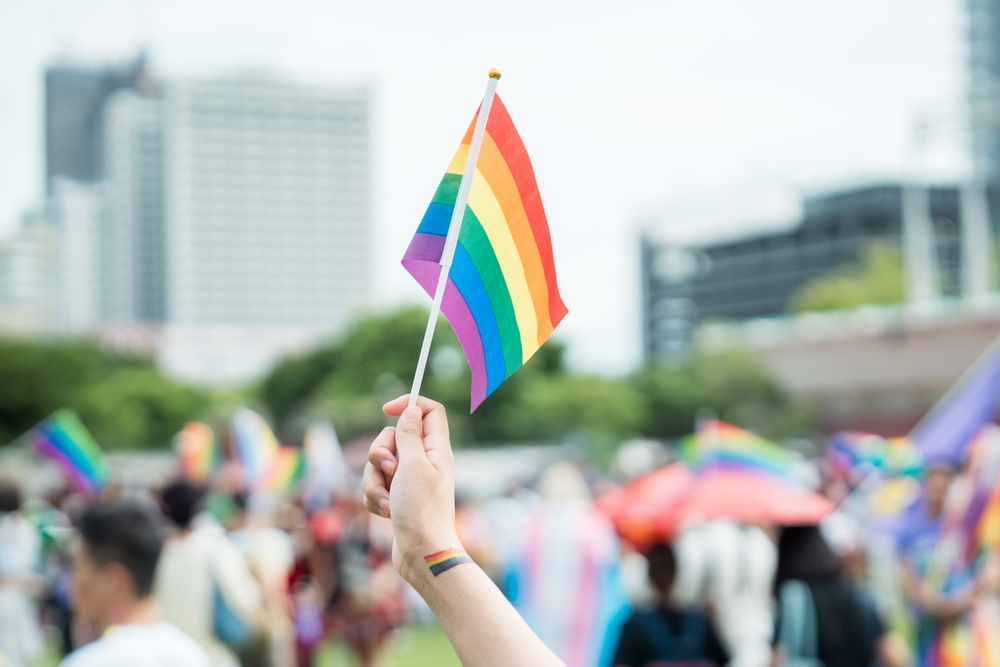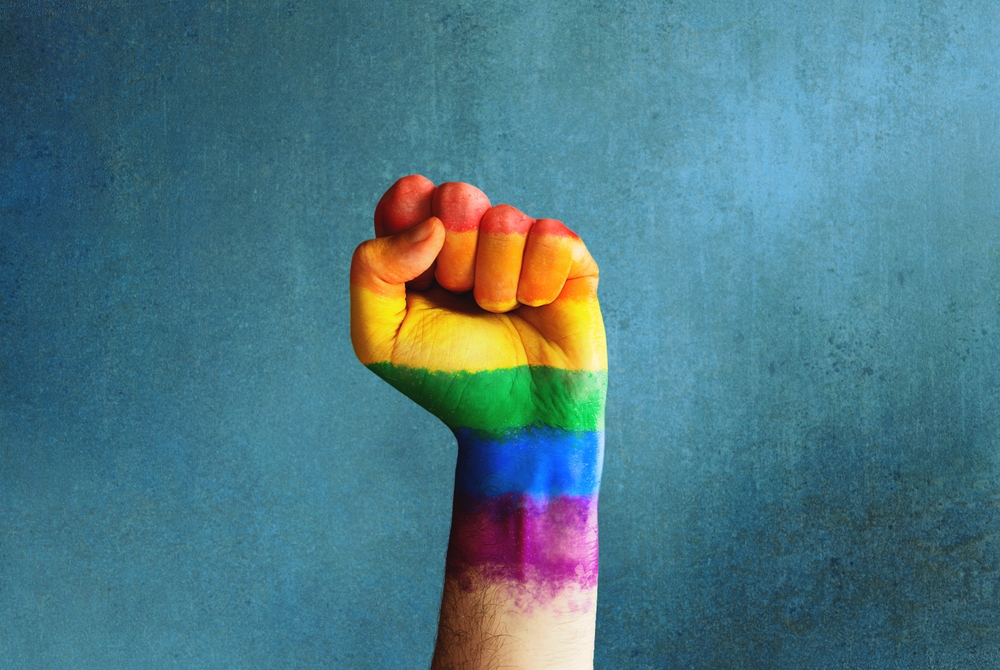Last Updated:
September 16th, 2025
Seeking Rehab as a LGBTQ+ Member
If you’ve ever hesitated to ask for help because you weren’t sure how you’d be treated, you’re not alone. Many LGBTQIA+ individuals face barriers that go far beyond the struggle with addiction itself. From the fear of discrimination to a lifetime of not feeling safe in healthcare settings, these challenges can weigh heavily. However, recovery is possible, and support exists that honours you as a whole person, not just a set of symptoms.
Addiction and LGBTQIA+ individuals
Addiction can affect anyone, but the path that leads there often looks different depending on your background. For LGBTQIA+ individuals, substance use is frequently linked to the emotional toll of daily life in a society that doesn’t always accept them. It might begin as a way to cope with rejection, shame, isolation or trauma and gradually turn into something harder to manage.
Research shows higher rates of addiction in LGBTQIA+ communities compared to heterosexual and cisgender populations. These differences aren’t random. They reflect the constant strain many face from early on: bullying, being misunderstood, family breakdown or the need to hide who they are. For transgender people, risks rise even more, with limited access to gender-affirming care and greater exposure to violence, homelessness and mental health struggles.
Why many LGBTQIA+ people avoid seeking help
There’s a long history of people in this community being let down by healthcare systems. That kind of history doesn’t disappear quickly. Understandably, some feel unsure whether addiction treatment is truly for them.
You may have noticed thoughts like:
- Will I have to hide who I am again?
- Will others in the group accept me?
- Will my experiences be taken seriously?
- What if I face more rejection while trying to get better?
These are valid concerns. But there are rehab centres now working hard to do things differently. When you find the right place, one that respects you and reflects your values, the process of healing becomes much more possible.
Struggling with an addiction? If you are ready to seek help, reach out to us today, and a member of our compassionate team will help you find the best option for starting your recovery journey.
What stands in the way of recovery?
Seeking help should feel safe. But for many LGBTQIA+ people, it doesn’t always start that way. Over the years, countless individuals have been ignored, misgendered or turned away by services that weren’t prepared to support them properly. The emotional weight of those experiences can shape how comfortable someone feels opening up again.
These are some of the common obstacles people face:
- Feeling unsafe or judged in treatment settings
- Worry that staff or peers won’t understand their identity
- Past experiences of discrimination in healthcare
- Lack of visible LGBTQIA+ representation in recovery spaces
- Carrying shame that makes it hard to speak honestly about their experiences
These factors can delay treatment or cause someone to drop out early, even if they are ready to change.
What LGBTQIA+ inclusive rehab should offer
Feeling safe and seen makes a big difference. LGBTQIA+ inclusive rehab centres provide a space where your identity is respected, and your needs are understood. Support should be shaped around who you are, not who you’re expected to be.
When searching for LGBTQIA+ inclusive rehab, finding a place where your identity is understood and respected from the start is important. The environment should feel welcoming, not somewhere you have to explain or defend who you are. Therapists should be familiar with the ways trauma, identity and addiction often intertwine in LGBTQIA+ lives, and the use of inclusive language and correct pronouns should come naturally, not as an afterthought.
Just as crucial are clear, enforced policies around zero discrimination, which help create a space where you can feel safe, supported and free to focus on your recovery.
Therapies that support LGBTQIA+ recovery
There’s no single therapy that works for everyone. The most effective programmes offer a mix of approaches, giving you space to try what resonates and stick with it. This variety is especially important if you’re dealing with co-occurring mental health conditions like anxiety, depression or PTSD, which often run alongside addiction. Here are some of the most helpful options:
How to find LGBTQIA+ addiction support that fits
Not every rehab will feel right, and that’s okay. What matters is finding one where your identity won’t be questioned, where safety is a priority and where support is built around who you truly are.
Look for centres that:
- Clearly state their commitment to LGBTQIA+ inclusion
- Offer a choice of counsellors or LGBTQIA+ experienced staff
- Are open to learning and adapting based on your needs
- Treat you with dignity and respect from the very first step
Addiction Helper can talk you through your options and help you find programmes designed with you in mind.
What happens now?
Maybe this is your first time reading about LGBTQIA+ rehab. Maybe you’ve tried to reach out before, but it didn’t go well. Whatever your story looks like, know that recovery can belong to you, too.
You don’t need to have all the answers. You don’t need to be completely sure. You just need a place to start.
We’re here for that moment, the one when something inside you says it’s time. Whether you’re ready to talk or just want to explore what support might look like, reach out to us today. Our experienced team members are ready and willing to walk you through the available options.
Our compassionate team are ready and available to take your call, and guide you towards lasting the lasting addiction recovery you deserve.
Frequently Asked Questions
(Click here to see works cited)
- Marshal MP, Friedman MS, Stall R, King KM, Miles J, Gold MA, Bukstein OG, Morse JQ. Sexual orientation and adolescent substance use: a meta-analysis and methodological review. Addiction. 2008 Apr;103(4):546-56. doi: 10.1111/j.1360-0443.2008.02149.x. PMID: 18339100; PMCID: PMC2680081.
- Ruppert R, Kattari SK, Sussman S. Review: Prevalence of Addictions among Transgender and Gender Diverse Subgroups. Int J Environ Res Public Health. 2021 Aug 22;18(16):8843. doi: 10.3390/ijerph18168843. PMID: 34444595; PMCID: PMC8393320.



